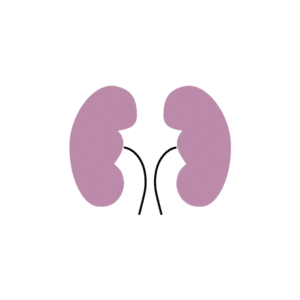Digital therapy, daily...
IKI wants to put patients back at the heart of their care.
To do this, we give you a tool that allows you to take control of your health by improving your lifestyle in an effective and personalized way.
For dietary support at every stage of your healtcare path...

Quality of life

Preventive

Personnalized
Discover Uriki®!
A simple, intuitive medical device
-
Connected reader analyzes 10 biomarkers simultaneously in minutes
-
Urinary Cartridges adapted to the patient’s disease
-
Mobile application for contextualization and results visualization
-
Data visualization through a web platform and possible integration with your monitoring tools
-
Secure data transmission and hosting (HDS certified server, RGPD)

IKI supports patients in their treatment process
Uriki® lets you...
-
Receive personalized advice based on analysis results,
-
Observe the effects of eating habits,
-
Personalize your care pathway throughout the duration of your treatment.
Rely on regular and objective data instead of declarative and punctual data.

Nephrology

Urology

Oncology

Cardiology
Nutrition for nephroprotection

Complying with nutritional prescriptions is a key factor in slowing the effects of kidney diseases
In medical and dietetic care, it is essential to have access to nutritional indicators in addition to existing methods
Device designed by a multidisciplinary team specialized in medical instrumentation

Stéphane Lebrun
Chairman

Jean-Christophe Cau
CEO

Cyril Cauchois
IT Manager

Aurélien Mertz
electronic engineer

Maxime Bascans
biochemistry engineer

Manon Pisseloup
Digital Projects Manager

Thomas Fontanilles
Inoovative Projects manager

Débora Dupuis-Leconte
RA/QA Manager
